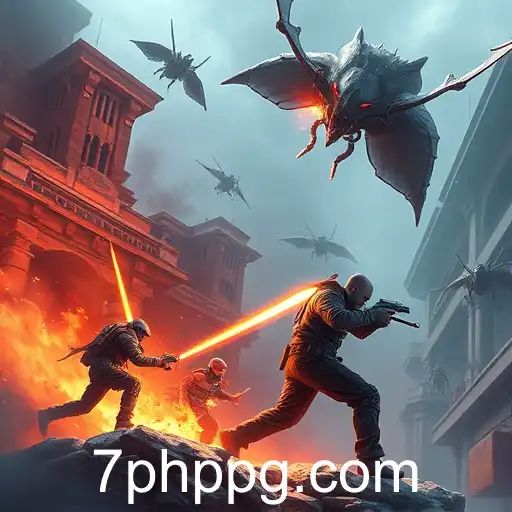
In the ever-evolving landscape of online gaming, the year 2025 marks an interesting turn with the rise of a new contender in the digital arena known as PHPpg. This gaming website, originally a niche platform, has gained considerable traction amid both casual and competitive gamers worldwide.
PHPpg's ascent can be attributed to its user-friendly interface and a robust collection of games that cater to diverse audiences. From engaging multiplayer RPGs (Role-Playing Games) to challenging puzzles, the platform appeals to different tastes, carving out a unique niche in the crowded gaming market sphere.
As we compare the trajectory of PHPpg to other leading platforms such as Steam or Epic Games, it's clear that the shift in player preferences towards more accessible and community-driven platforms is notable. In fact, PHPpg’s inherent design promotes community engagement, allowing gamers to not only play but also share experiences and strategies, which has exponentially increased its user base.
Furthermore, the PHPpg platform integrates the latest in gaming technology, offering virtual reality experiences and blockchain-based game economies. This innovation aligns with current industry trends where immersive and decentralized gaming experiences are becoming increasingly sought after by gamers.
A report from the Global Game Developers Association highlighted PHPpg's business model as a forward-thinking blend of freemium and subscription services. This is attractive to both casual gamers who wish to play without hefty initial investments and committed players seeking premium content.
Although PHPpg is still burgeoning, its trajectory suggests it may redefine how new gaming platforms can swiftly rise to prominence by harnessing community involvement and cutting-edge technology. As we look to the future, platforms like PHPpg challenge the giants of the gaming industry to innovate continuously and focus more on consumer needs.
Overall, the rapid rise of PHPpg is not just a reflection of current gaming trends, but also an indicator of potential shifts within the industry, as gamers increasingly prioritize community engagement along with technological immersion.


